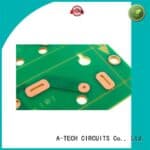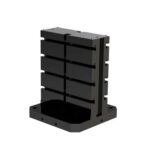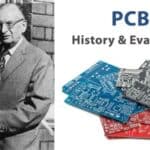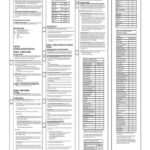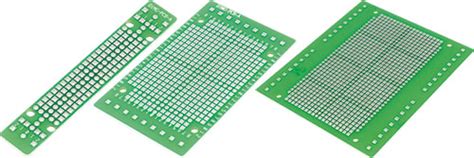
PCB Assembly Blog
-
Enclosures for Prototype & Small Series PCBs
Posted by
–
 Read more: Enclosures for Prototype & Small Series PCBs
Read more: Enclosures for Prototype & Small Series PCBsImportance of Enclosures in Prototype and Small Series PCBs Enclosures play a vital role in the success of prototype and small series PCBs by providing: Protection: Enclosures shield PCBs and electronic components from external factors such as dust, moisture, impact, and electromagnetic interference (EMI). Heat Dissipation: Properly designed enclosures facilitate […]
-
What is Che Ni/Au or ENIG?
Posted by
–
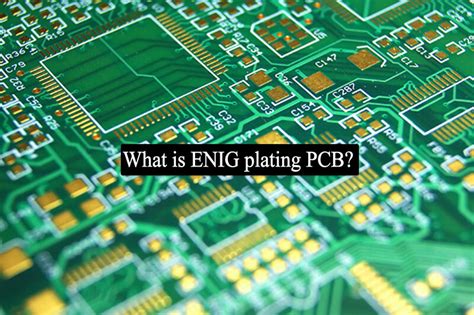 Read more: What is Che Ni/Au or ENIG?
Read more: What is Che Ni/Au or ENIG?Introduction to ENIG (Electroless Nickel Immersion Gold) ENIG (Electroless Nickel Immersion Gold), also known as Che Ni/Au, is a surface finish technology widely used in the manufacturing of printed circuit boards (PCBs). This advanced surface finish provides excellent solderability, high reliability, and superior shelf life for PCBs. In this comprehensive […]
-
What is the Layer of a PCB?
Posted by
–
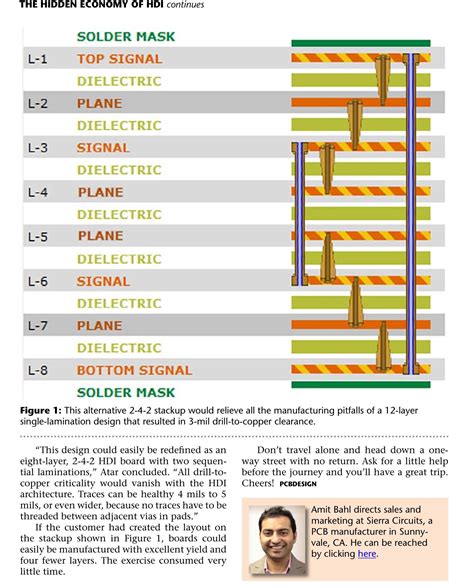 Read more: What is the Layer of a PCB?
Read more: What is the Layer of a PCB?Introduction to PCB Layers A Printed Circuit Board (PCB) is a fundamental component in modern electronics. It provides a platform for mounting and interconnecting electronic components to create a functional circuit. One of the critical aspects of PCB design is the concept of layers. PCB layers are the different levels […]
-
What is the core of a PCB?
Posted by
–
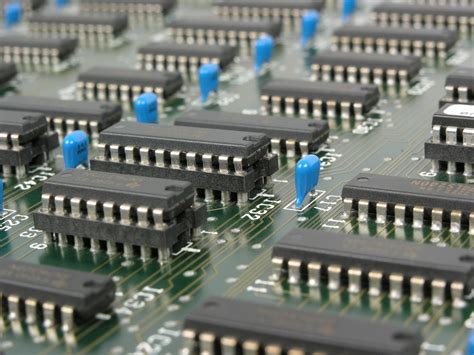 Read more: What is the core of a PCB?
Read more: What is the core of a PCB?Introduction to Core PCB A printed circuit board (PCB) is a fundamental component in modern electronics. It serves as a platform for mounting and interconnecting electronic components, such as resistors, capacitors, and integrated circuits. The core of a PCB plays a crucial role in its overall performance and reliability. In […]
-
Etching inner layer in PCB production
Posted by
–
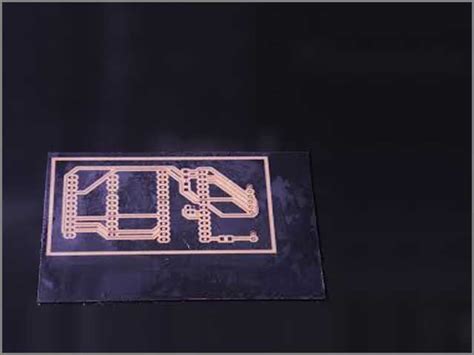 Read more: Etching inner layer in PCB production
Read more: Etching inner layer in PCB productionWhat is PCB etching? PCB etching is a critical process in the production of printed circuit boards (PCBs) where unwanted copper is removed from the laminate surface to create the desired circuit pattern. The etching process selectively removes copper from areas not protected by the etch resist, leaving behind the […]
-
Phototools for PCB image transfer
Posted by
–
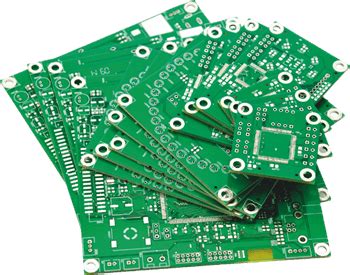 Read more: Phototools for PCB image transfer
Read more: Phototools for PCB image transferIntroduction to PCB Phototools Printed Circuit Boards (PCBs) are essential components in modern electronics, forming the backbone of countless devices we use every day. The process of creating these complex circuits involves transferring a designed pattern onto a copper-clad board. One of the most critical steps in this process is […]
-
PCB & Assembly Services – RF pool
Posted by
–
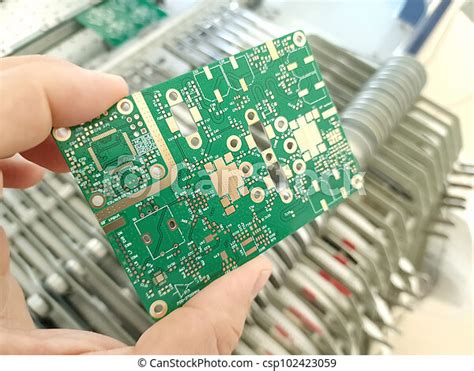 Read more: PCB & Assembly Services – RF pool
Read more: PCB & Assembly Services – RF poolIntroduction to RF PCB Assembly Radio Frequency (RF) PCB assembly is a specialized process that involves the manufacturing and assembly of printed circuit boards designed to operate at high frequencies. These PCBs are crucial components in various applications, such as wireless communication devices, radar systems, and medical equipment. The assembly […]
-
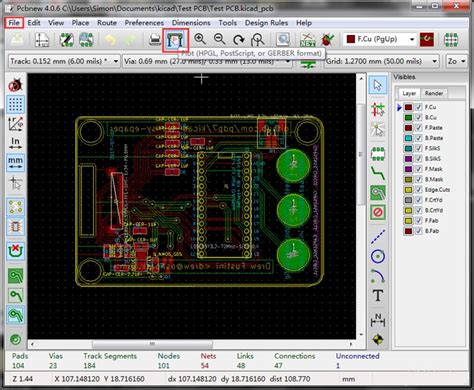 Read more: Data Files to be Uploaded with your PCB Order.Sstencil-mate
Read more: Data Files to be Uploaded with your PCB Order.Sstencil-matePCB Data Files Gerber Files Gerber files are the most common and widely accepted format for PCB data exchange. They contain information about the copper layers, solder mask, silkscreen, and drill holes of your PCB. Gerber files are generated from your PCB design software and are used by the manufacturer […]
-
PCB Art – Scarab by Boldport
Posted by
–
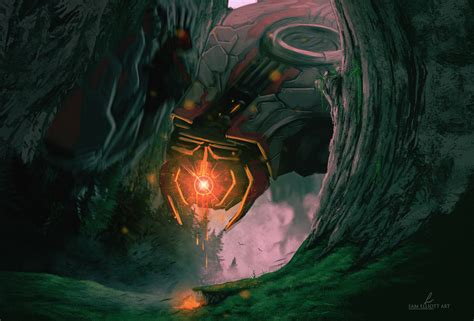 Read more: PCB Art – Scarab by Boldport
Read more: PCB Art – Scarab by BoldportIntroduction to PCB Art and Boldport Printed Circuit Board (PCB) art is a unique form of creative expression that combines the world of electronics with artistic design. By utilizing the intricate patterns and layouts of PCBs, artists and engineers can create visually stunning pieces that not only serve a functional […]
-
How do we galvanise PCBs
Posted by
–
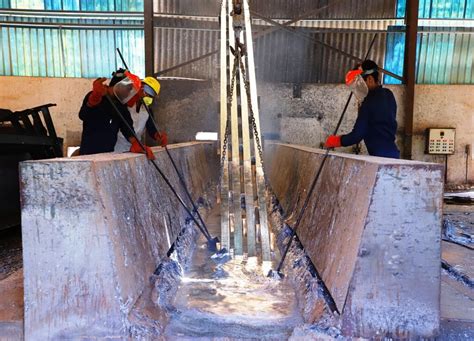 Read more: How do we galvanise PCBs
Read more: How do we galvanise PCBsWhat is Galvanising and Why is it Important for PCBs? Galvanising is a process of applying a protective zinc coating to steel or iron to prevent rusting. The process involves dipping the metal in a bath of molten zinc, which forms a thin layer of zinc on the surface of […]
